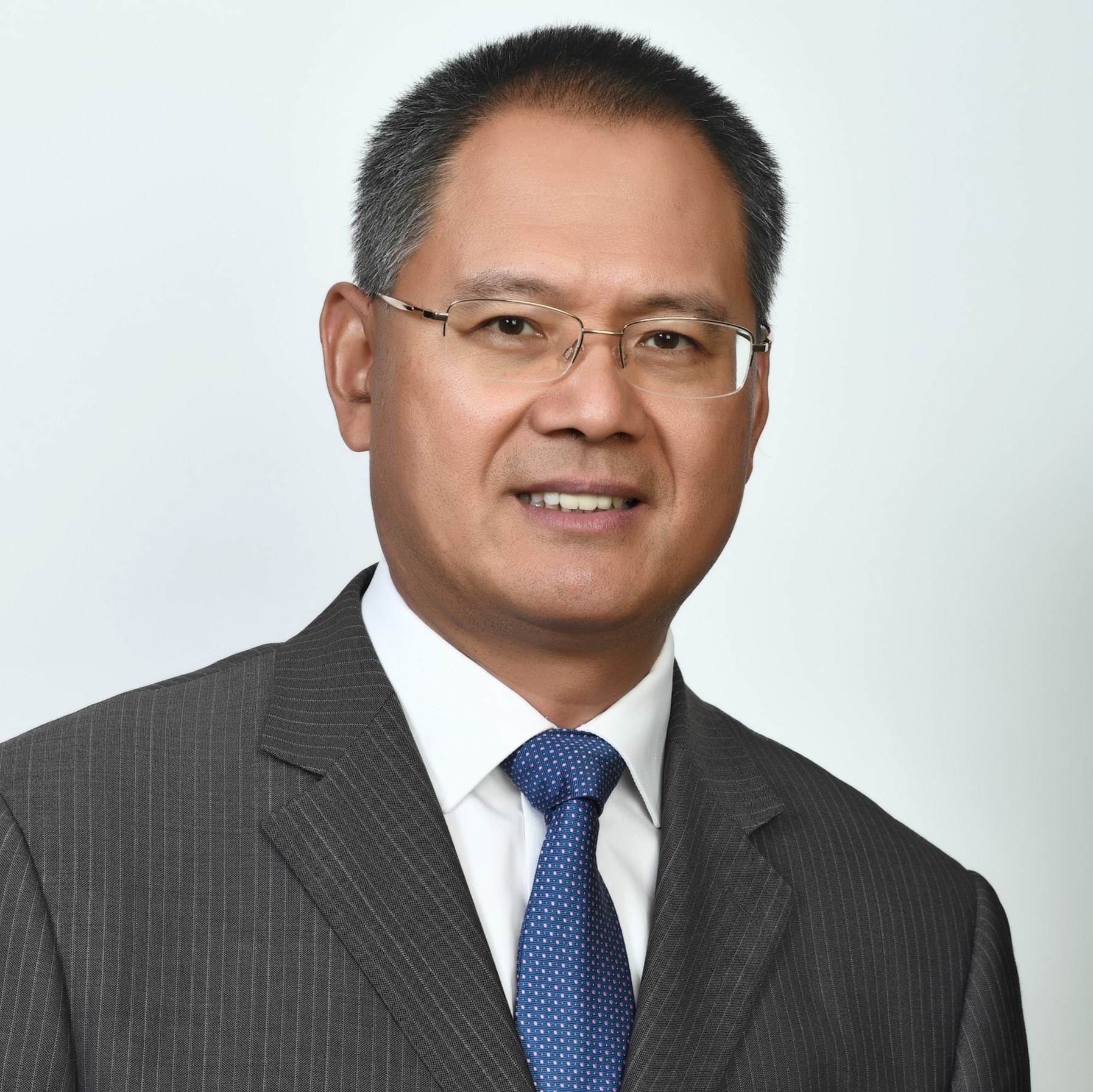Sessions With Wen-Bin Qian
Monday, 18 March
-
01:00pm - 01:30pm (CST) / 18/mar/2024 06:00 pm - 18/mar/2024 06:30 pm
Hydrogen as a Global Market Driver
HydrogenThe global hydrogen market is expanding, driven by increased demand for low-carbon and sustainable solutions. This expansion encompasses various forms of hydrogen, including green hydrogen produced from renewable sources, blue hydrogen with carbon capture and storage and other low-carbon options. How are countries working together to establish a global market economy? Which country’s energy policies are providing the most conducive environment for development? Will the momentum and interest in hydrogen continue long enough to establish hydrogen as the leader in the global energy landscape?
Thursday, 21 March
-
07:15am - 08:20am (CST) / 21/mar/2024 12:15 pm - 21/mar/2024 01:20 pm
Low-carbon Options for Asia
Carbon Management/DecarbonizationAsia’s economies are facing a complex challenge: how to ensure the provision of secure, affordable energy to fuel their continued growth, while also embarking on a decisive shift toward decarbonization. In this intricate balance, what strategies and measures can policymakers and industry leaders implement to address these multifaceted demands effectively? Among the array of low-carbon technologies available, which hold the greatest potential to meet the region’s unique needs? And can stakeholders reconcile the potential tensions between advancing decarbonization initiatives and maintaining both economic momentum and energy security?

